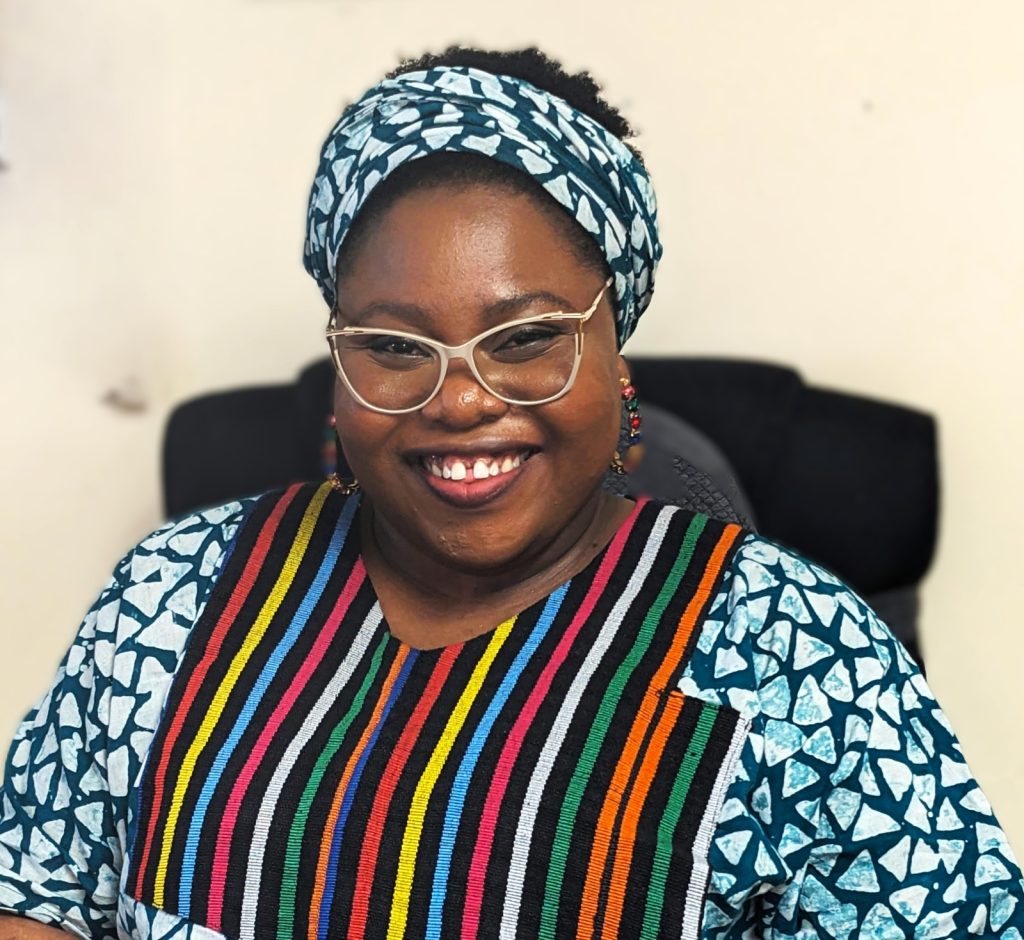LAGOS, NIGERIA – In a digital age where the speed of change often threatens the survival of the old, one woman has made it her mission to ensure that the Yorùbá language — and the rich literature it carries — is not left behind.
That woman is Damilola Adebonojo, affectionately known across academic and cultural spaces as Ìyá Yorùbá. A Fulbright fellow, digital creator, and renowned Yorùbá Language Specialist, Adebonojo is the force behind YorùbáTexts.com — a groundbreaking platform dedicated to the discovery, mapping, and digital preservation of Yorùbá-language texts.
—
Born from Frustration, Built with Vision
The idea came from a moment of deep professional irony. Though Adebonojo is a PhD candidate in Comparative Literature & Intercultural Studies at the University of Georgia, USA, her research into Yorùbá women writers was being stalled by the very problem she aimed to study: the erasure of indigenous literary memory.
“I couldn’t even find the books I was writing about,” she recalls. “Not in libraries, bookstores, or academic databases. Some had no digital trace. I realized this wasn’t just a resource issue — it was a legacy issue. The literature of my people was slipping away.”
Her frustration birthed YorùbáTexts.com, a publicly accessible digital catalog that documents novels, poetry, academic theses, religious writings, and oral traditions — anything ever published in Yorùbá. More than a digital library, the platform acts as a literary map, linking texts to where they can be borrowed, read, or purchased.
“For centuries, Yorùbá stories have lived in print and in our voices,” she says. “But many are now out of print, unarchived, or simply forgotten. YorùbáTexts.com is our answer — a living, growing archive that ensures these works remain part of our future.”
—
More Than an Archive: A Cultural Responsibility
Adebonojo’s work is not only a scholarly project — it’s an act of cultural resistance.
With over a decade of experience in Yoruba pedagogy, feminist scholarship, and cultural advocacy, she is also the founder and CEO of Alámọ̀já Yorùbá, an international institute offering tutoring, curriculum design, translation, and cultural consulting to learners and organizations across the globe. Since 2017, she has taught thousands across continents and created pioneering resources to make Yorùbá language learning accessible across all ages and fluency levels.
Her doctoral research focuses on early Yorùbá women writers — their voices, silences, and survival through time. Her dissertation blends archival research, feminist translation, and decolonial theory, investigating how women shaped Yorùbá literature and how their work has been undervalued or erased.
“I realized that recovering these texts wasn’t just for me — it was for our daughters, our students, our future teachers,” she says. “When we preserve Yorùbá literature, we preserve Yorùbá thought, Yorùbá identity, Yorùbá freedom.”
—
A Global Call to Preserve and Participate
The platform is designed for collaboration. Scholars, librarians, software developers, translators, and culture lovers are all invited to contribute through transcription, metadata tagging, digitization, and research.
“This project is not about one person,” Adebonojo notes. “It is a cultural duty. It’s about memory, pride, and intergenerational knowledge.”
Her own academic journey reflects that commitment. With degrees in Yorùbá and Communication Arts (BA) and Yorùbá Literature and Culture (MA) from Lagos State University, she has published research on machine translation, African sociolinguistics, and more. Her MA thesis analyzed social commentary in Brymo’s music, and her undergraduate project included a full-length Yorùbá translation of Out of His Mind.
She also serves in executive roles for the Fulbright Language Scholars’ Association Nigeria, the American Association of Teachers of Yoruba (AATY), and the Comparative Literature Association at UGA — extending her influence beyond the classroom into global language policy and advocacy.
—
Digital Tools, Indigenous Roots
Despite her deep academic roots, Adebonojo is also a digital ambassador for Yorùbá. As a longtime volunteer translator at Global Voices, she localizes global stories into Yorùbá and curates narratives that amplify indigenous perspectives. She’s passionate about technology as a tool for linguistic justice — blending ancestral knowledge with modern accessibility.
Fluent in English and Yorùbá (and conversational in Swahili), she continues to explore how language, culture, and tech can intersect in meaningful ways.
“When I teach a child in the diaspora to say, ‘Ẹ káàsán,’ or help a scholar access a lost Yorùbá poem — I’m not just preserving language,” she says. “I’m preserving self-worth. I’m preserving the power to name the world in our own tongue.”
—

